África cuenta con cifras alarmantes con respecto al estado de la escolarización y el alfabetismo, sin embargo, naciones como Zimbabwe trabajan abiertamente con el fin de lograr una sociedad instruida, que destierre los fantasmas de la colonización.
Así lo expresó a Prensa Latina el ministro de Educación Primaria y Secundaria de ese país africano, Lazarus Dokora, quien ostenta el cargo desde el año 2013.
Dokora refiere que para comprender el sistema educativo actual, hay que remontarse a dos periodos clave de la historia de Zimbabwe: antes de la ocupación británica y el momento posterior a 1980.
Los indígenas de la región tenían sus propios métodos para el aprendizaje, pero el proceso de colonización y conquista del territorio resultó en la imposición del sistema de valores ingleses atado al centro imperial del poder.
Si bien la presencia del Reino Unido en la entonces República de Rodesia enfrentó la resistencia de los pobladores indígenas, no fue hasta 1963 que surgieron nuevas formaciones políticas como la Unión Nacional Africana de Zimbabwe (ZANU por sus siglas en inglés) para unificar los esfuerzos en pos de ponerle fin al coloniaje.
Dicha empresa se alcanzó en 1980, momento en el que, según Dokora, se le dio vuelta al país y comenzó la reconstrucción del mismo en términos de economía, sociedad, cultura y educación.
Hoy nuestra nación es el país número uno del continente cuando hablamos de niveles de alfabetismo y de logros en el sector educacional, y a pesar de la situación en África, en los últimos tres años hemos reformado el sistema haciéndolo más adaptable a las necesidades de nuestra gente, señaló Dokora.
El titular de Educación zimbabwense afirmó que el principal objetivo de su gestión es proveer habilidades a los ciudadanos, aspecto que pasó a un segundo plano durante la etapa colonial.
Según Dorkora, el currículum escolar de la colonia era altamente académico y teórico, sin prestar atención al desarrollo de competencias prácticas, y esto dificulta el normal desenvolvimiento de nuestra gente en el mercado laboral.
Asimismo, añadió que con las modificaciones al sistema educacional los jóvenes salen más preparados para el empleo y esto favorece la economía, lo que resulta beneficioso en doble sentido: para los ingresos de las familias y para la economía nacional.
Actualmente, como parte de los recursos del gobierno para mejorar su sistema educativo, Zimbabwe cuenta con casi tres mil jóvenes maestros que cursan un programa especial para el desarrollo de habilidades en los estudiantes, aspecto que según Dokora es un logro para el nuevo currículum que quieren implementar en el país.
Otra de las medidas desarrolladas es el ingreso de los niños a las escuelas desde los cuatro años (antes era a los seis), para así comenzar la formación integral de ciudadanos desde las edades tempranas.
Esa es la piedra angular de nuestro sistema, sacar a estos muchachos de las casas y ponerlos en las escuelas a los cuatro años y, por supuesto, prepararlos para atravesar todo el currículum, afirmó Dokora.
Precisamente, la expansión y mejora de esta cartilla educativa es una de las razones por las que Dokora visitó Cuba recientemente, pues espera contar con la asistencia de la Mayor de las Antillas para continuar con el desarrollo del sector educacional de su país.
Al respecto, Dokora refirió que Cuba ha sido un elemento clave en este desarrollo de la educación Zimbabwense, pues ya desde la década de los 90 la isla caribeña contribuyó a la formación de cerca de cuatro mil profesores de matemática, ciencias e informática para las escuelas secundarias.
Se trata de una inmensa contribución, pues estos profesores se han desplegado hasta las villas y los distritos más alejados, ellos no están prejuiciados contra las escuelas o locaciones rurales o pobres, van a donde esté la necesidad, y eso es muy importante para nosotros, espetó.
Hoy día, existe un proyecto entre ambas naciones de entrenamiento de profesores para la educación secundaria, lo que ha permitido que alrededor 125 mil maestros zimbabuenses estén listos para formar a cuatro millones y medio estudiantes, casi un tercio de la población del país.
Sobre su participación en el evento Pedagogía 2017, celebrado en Cuba el pasado mes de febrero, Dokora señaló que se trataba de un encuentro importantísimo, capaz de generar consensos e ideas que le imprimen mayor energía a los sistemas educacionales de los países participantes.
Además, afirmó que más que un congreso, era un espacio de unidad entre las naciones sin importar sus idiomas.
Los lenguajes tienden a encerrarnos: los anglosajones, los hispanohablantes, los francófonos, estamos todos divididos por nuestras herencias coloniales; pero en un evento como Pedagogía somos capaces de penetrar las barreras del lenguaje y descubrir que, de hecho, siempre hemos estado en sintonía, aseveró.
En este sentido, manifestó que en su país se han llevado a cabo iniciativas similares aunque de menor alcance, como los eventos pedagógicos celebrados en 2013 y 2015, cuya tercera edición acontecerá en agosto del presente año, para lo cual invitaron a los ministros cubanos de Educación y Educación Superior, Ena Elsa Velázquez y José Ramón Saborido, respectivamente, y al teólogo brasileño Frei Betto.
Con la celebración de estos encuentros, Zimbabwe espera dar a conocer los logros educacionales del país y dinamizar su sistema educativo.
Definitivamente, la educación es una prioridad para nuestro gobierno, sector al que destinamos el 6 por ciento del Producto Interno Bruto y que esperamos seguir desarrollando aún más en los años por venir, concluyó.
Fuente: http://www.prensa-latina.cu/index.php?o=rn&id=76861&SEO=educacion-en-zimbabwe-una-prioridad-para-su-gobierno
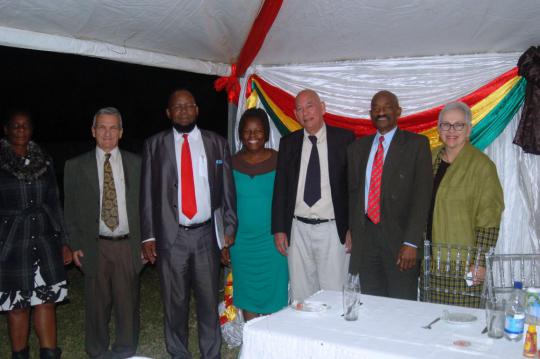
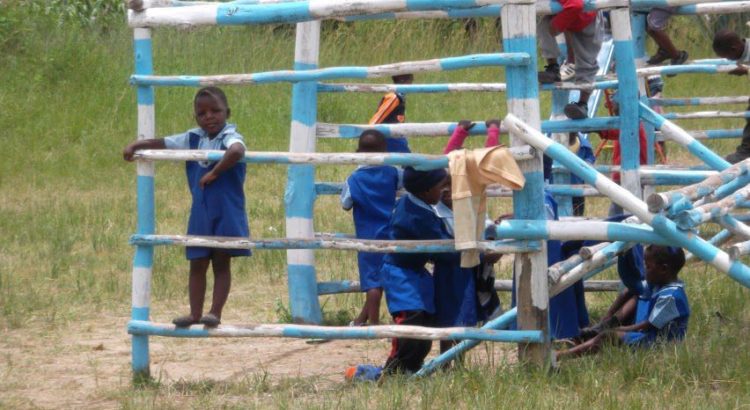
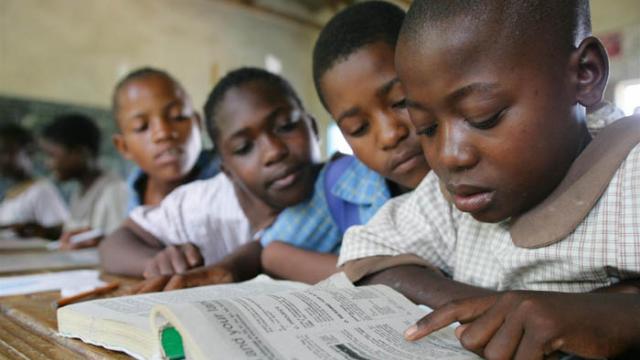
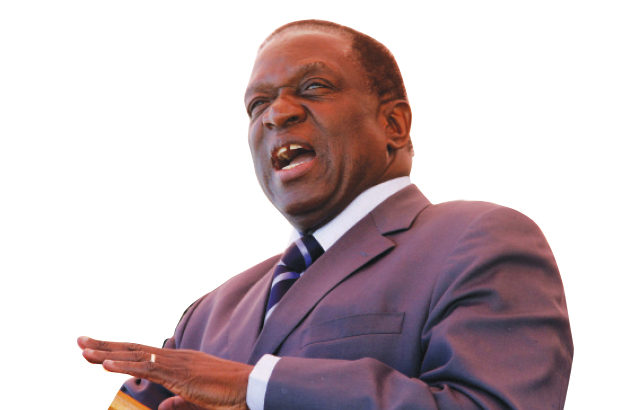
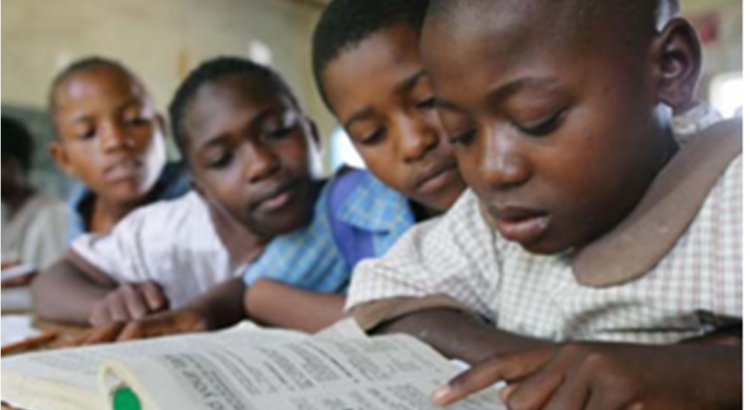
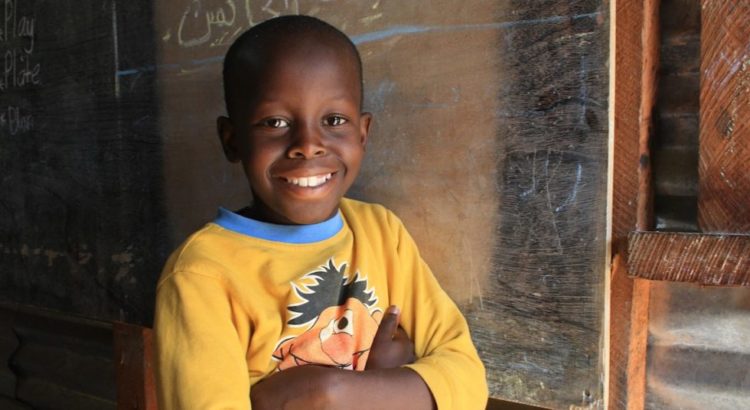
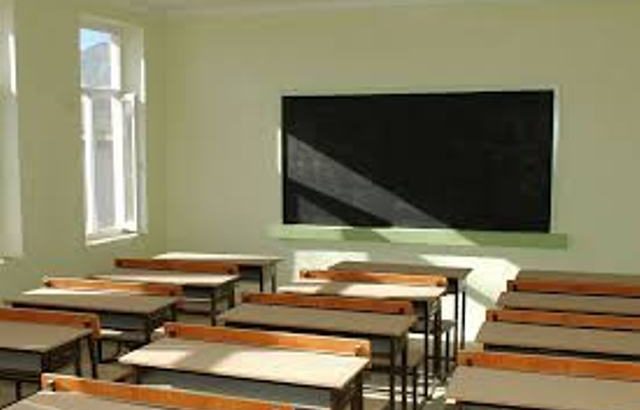






 Users Today : 33
Users Today : 33 Total Users : 35461041
Total Users : 35461041 Views Today : 66
Views Today : 66 Total views : 3420580
Total views : 3420580